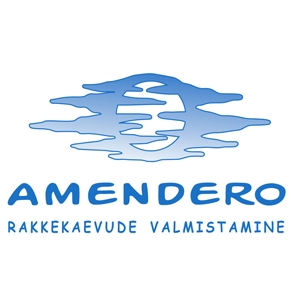The future of sustainable water management
Water is the lifeblood of our planet, yet its availability is under increasing pressure from population growth, industrialization, and climate change. The current state of water resources presents a complex challenge, with many regions experiencing scarcity, pollution, and inadequate infrastructure.
Sustainable water management is the practice of managing water resources in a way that meets current needs without compromising the ability of future generations to meet their own. It encompasses the protection of ecosystems, the provision of clean water, and the sustainable treatment and reuse of wastewater.
Emerging Technologies in Water Management
Advancements in sensor technology and data analytics are leading to the development of smart water systems. These systems optimize water distribution, reduce waste, and provide real-time monitoring of water quality and usage.
As freshwater resources become more limited, desalination technology is becoming a vital tool for converting seawater to potable water. Innovations in this field are reducing energy consumption and making desalination more accessible and cost-effective.
Wastewater recycling is no longer a novel concept but a necessary reality. New technologies are enabling the safe and efficient reuse of treated wastewater for agricultural, industrial, and even potable purposes.
Regulatory Frameworks and Policy Development
International agreements and policies play a crucial role in shaping the future of water management. They set standards for water quality, promote sustainable practices, and encourage investment in water infrastructure.
Local and regional governments are at the forefront of implementing water management policies. These regulations are tailored to address the specific water challenges of communities and often involve water usage restrictions, conservation incentives, and infrastructure development mandates.
Best Practices for Water Conservation
Modern irrigation methods such as drip and precision irrigation are revolutionizing water use in agriculture. These techniques minimize waste and maximize crop yields, making them essential for sustainable farming.
Landscaping choices can significantly impact water consumption. Xeriscaping and the use of native plants are among the strategies that reduce the need for irrigation and contribute to water conservation.
Households play a critical role in water conservation. Installing low-flow fixtures, repairing leaks, and adopting water-saving habits can lead to substantial reductions in water use.
Community Involvement and Education
Education is a powerful tool in promoting water conservation. Public awareness campaigns can inform individuals about the importance of water management and how they can contribute to sustainability efforts.
Engaging stakeholders such as homeowners, businesses, and local governments is essential for the successful implementation of water management initiatives. Collaboration and shared responsibility are key to achieving sustainable outcomes.
Challenges and Opportunities
Climate change poses significant challenges to water management, including altered precipitation patterns and increased frequency of extreme weather events. Adapting to these changes requires innovative approaches and resilient infrastructure.
Investing in sustainable water management is critical for long-term water security. However, financing these projects can be challenging. Public-private partnerships, government grants, and community funding are some of the avenues being explored to support these initiatives.






Comments (0)